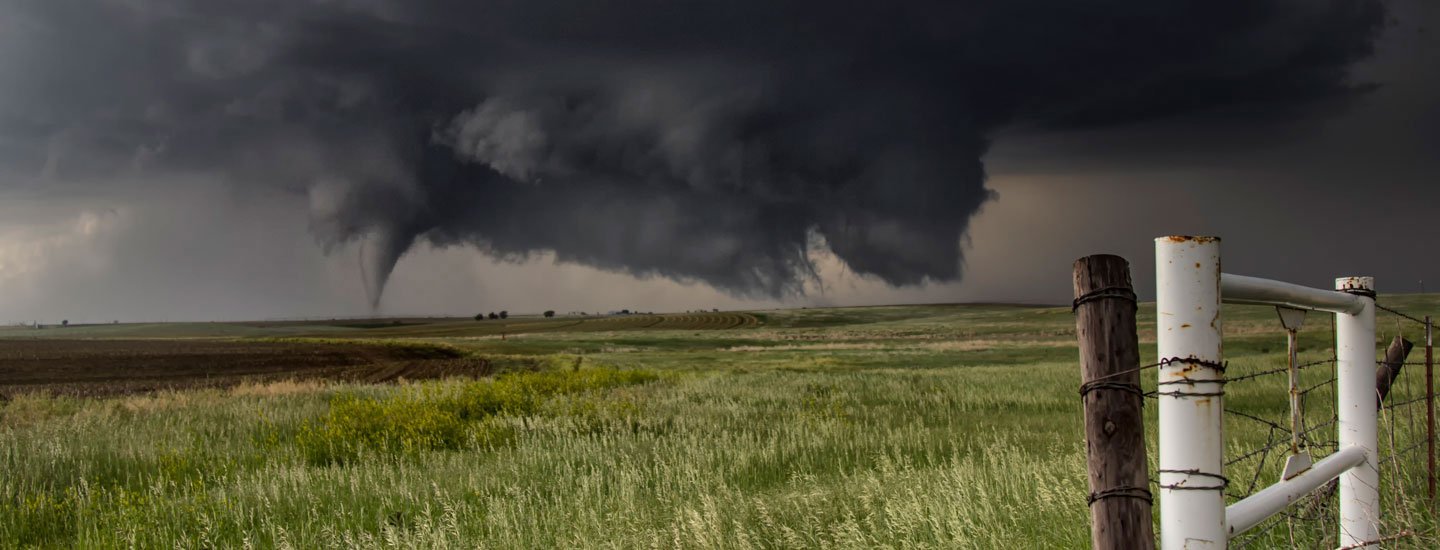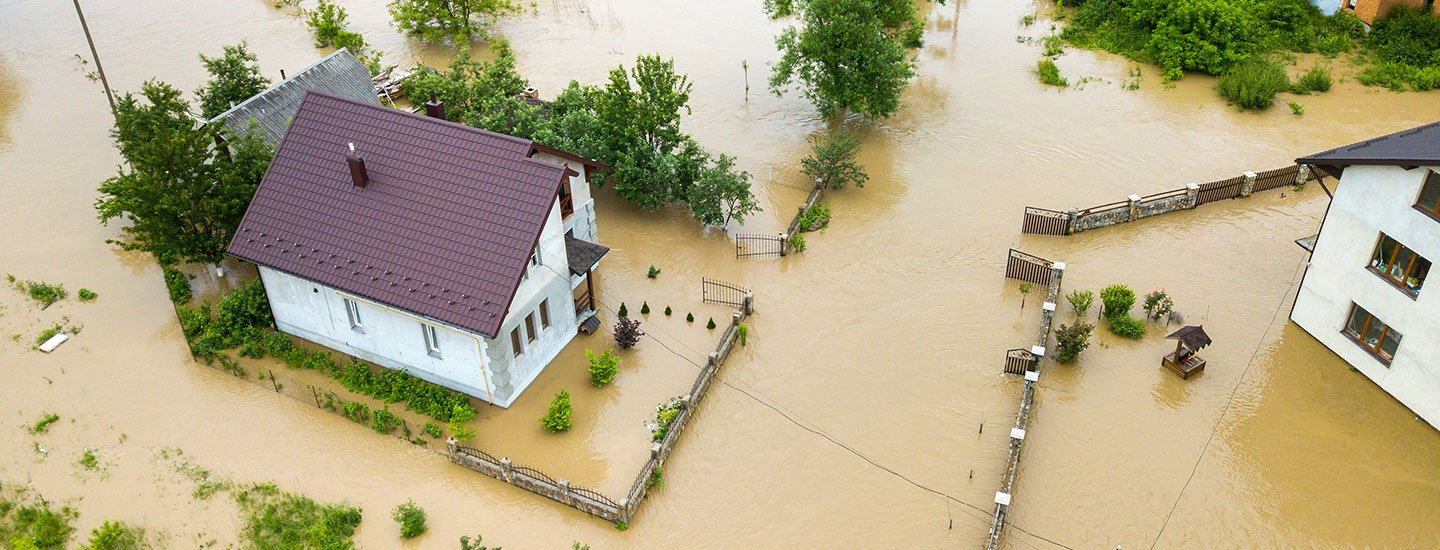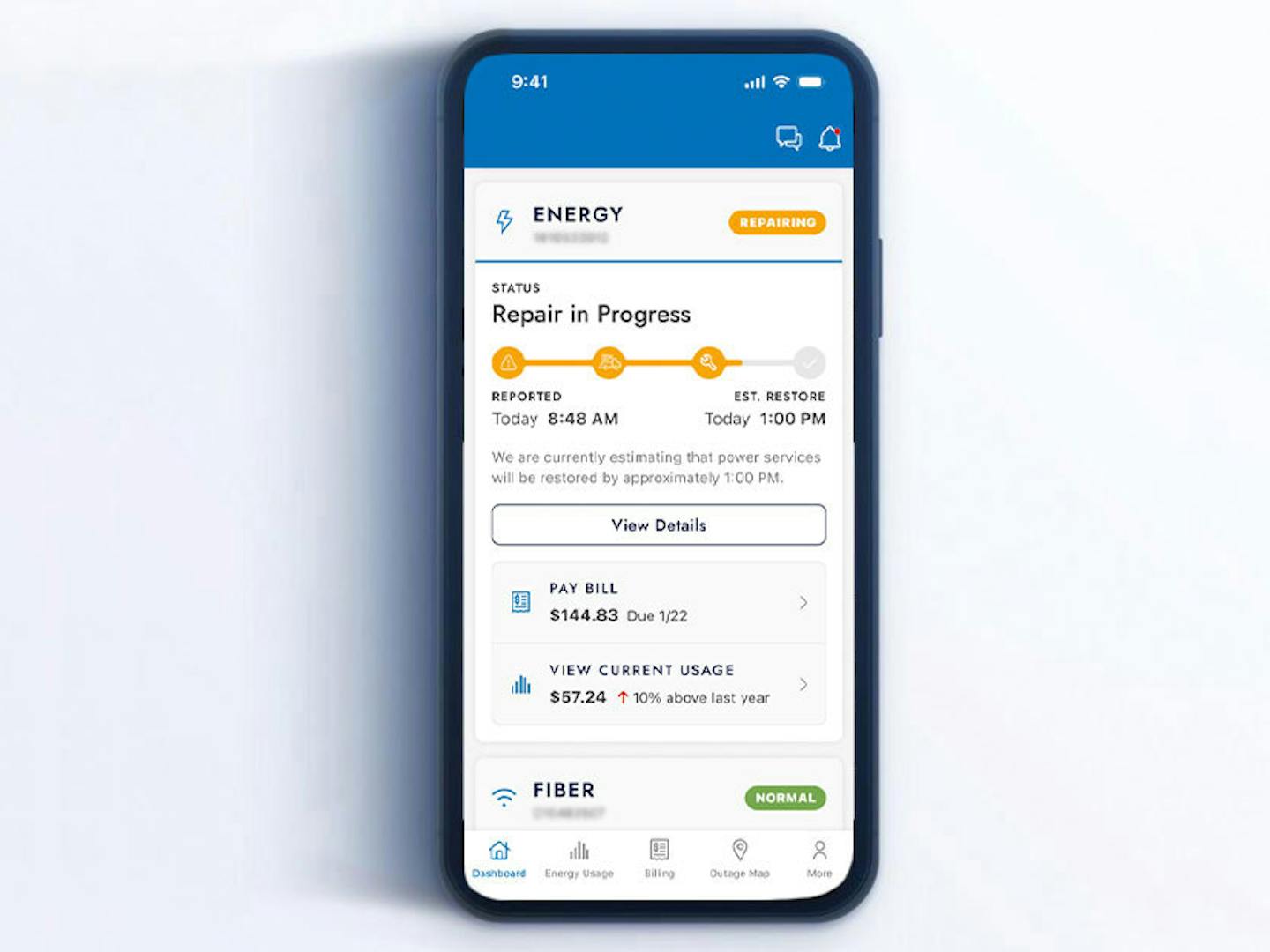In Tennessee, thunderstorms occur 50 days out of every year, on average. Because storms are so frequent, learning about them is crucial for your safety.

A severe thunderstorm is possible. Prepare for potential power outages, strong winds, lightning, large hail & possible tornadoes.
A severe thunderstorm is occurring. Shelter inside, away from windows.
Safety Tips:
- Ensure you’ve followed these preparation tips. Ensure you’ve followed these preparation tips.
- Tune in to a weather radio for updates from the National Weather Service. Tune in to a weather radio for updates from the National Weather Service.
- Stay indoors and bring your pets inside. Stay indoors and bring your pets inside.
- Check the weather forecast prior to driving or going outside. Check the weather forecast prior to driving or going outside.
- Avoid boats, water, trees, fences and poles. Avoid boats, water, trees, fences and poles.
- Stay indoors and bring your pets inside. Stay indoors and bring your pets inside.
- Keep your Storm Kit or “go bag” nearby. Keep your Storm Kit or “go bag” nearby.
- Unplug all unnecessary appliances or use surge protectors. Unplug all unnecessary appliances or use surge protectors.
- Protect your HVAC system from power surges by turning it off. Protect your HVAC system from power surges by turning it off.
- If you’re outside in the woods, shelter beneath shorter trees. If you’re outside in the woods, shelter beneath shorter trees.
- If you’re outside and lightning strikes nearby, squat down and place your head in between your knees to make yourself the smallest possible target. If you’re outside and lightning strikes nearby, squat down and place your head in between your knees to make yourself the smallest possible target.





